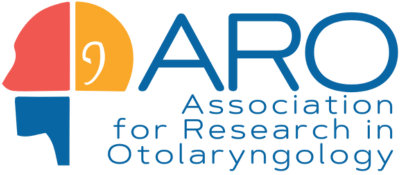ARO Pioneer Award in Basic Science

2026 Pioneer Award in Basic Science Winner
Ana Belén Elgoyhen, Ph.D.
Instituto de Investigaciones en Ingeniería Genética y Biología Molecular,
CONICET,
Buenos Aires, Argentina
Bio:
Dr. Ana Belén Elgoyhen Obtained her Ph.D. in Pharmacology from the University of Buenos Aires and performed her postdoctoral training in Molecular Neurobiology at the Salk Institute, California, under the supervision of Steve Heinemann. Head of the Laboratory of Genetics and Physiology of Hearing, INGEBI-CONICET, Buenos Aires, Argentina since 1997. Best known for elucidating the molecular entity of the receptors that mediate synaptic transmission between efferent olivocochlear fibers and cochlear hair cells. Her interests include the physiology of olivocochlear efferents at the systems and synaptic level, the mechanisms underlying noise-induced hearing loss and the underlying pathophysiological mechanisms leading to tinnitus. Recipient of several awards including: John Simon Guggenheim Memorial Foundation Fellow (2003, USA), TWAS prize in Biology (2011), Howard Hughes Medical Institute International Scholar (1997-2011), Latin American Laureate of the L’Oréal-UNESCO Awards for Women in Science (2008), Scientist of the Argentine Nation nominated by the President (2012), Fondation Pour L´Audition Grand Prix (2018). She is a member of the World Academy of Science, the Latin American Academy of Science and the Argentine Academy of Science.
